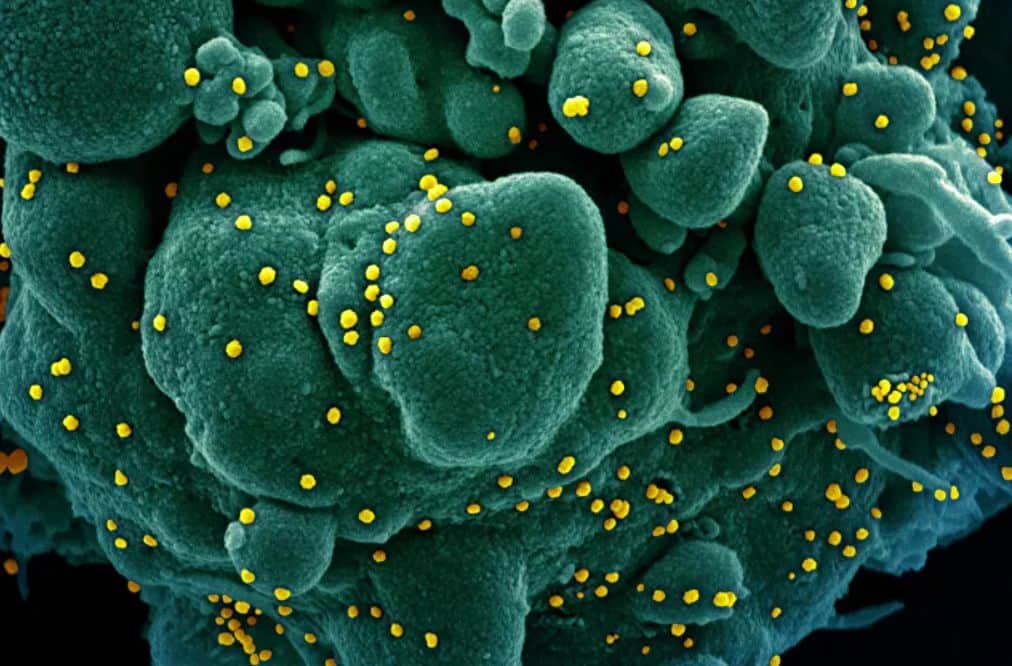Immunoglobulin G-assured SARS-CoV-2 immunity decreases dramatically within two to three months after a patient is completely cured of COVID-19, a team of Chinese researchers found.
More than six months have passed since the first infection was registered, and even so, scientists around the world have still not managed to describe well the clinical characteristics and immune responses of asymptomatic individuals who became infected with the coronavirus.
Therefore, a team of Chinese researchers decided to delve into this topic, analyzing the antibodies – immunoglobulin G (IgG) – in two groups carrying COVID-19 from the Wanzhou district, located in central China. The first group included 37 asymptomatic people who tested positive for SARS-CoV-2 and, the second, the same number of individuals but with symptoms typical of COVID-19.
Eight weeks after fully recovering, the antibody concentration decreased 81% in asymptomatic patients and 62% in those who had developed symptoms. With this, the average percentage of IgG reduction was greater in the symptomatic group: 11.7% compared to 8.3% that included patients without symptoms, says their study published in the journal Nature.
This is not the only research that attempts to analyze how immunity to the virus develops. Previously, another study evaluated the dynamics related to the disappearance of neutralizing antibodies to SARS-CoV-2 in eight patients. Their results revealed that the IgG level decreased in four participants in this research within six to seven weeks after the onset of the disease.
Together, these data could indicate the risks of using COVID-19’s so-called immunity passports and support the extension of pandemic-fighting methods such as social distancing, hygiene, isolation of risk groups, and widespread testing.” highlight Chinese scientists.
Therefore, more longitudinal serological studies that include more symptomatic and asymptomatic individuals are urgently needed to determine the duration of immunity, they conclude.
